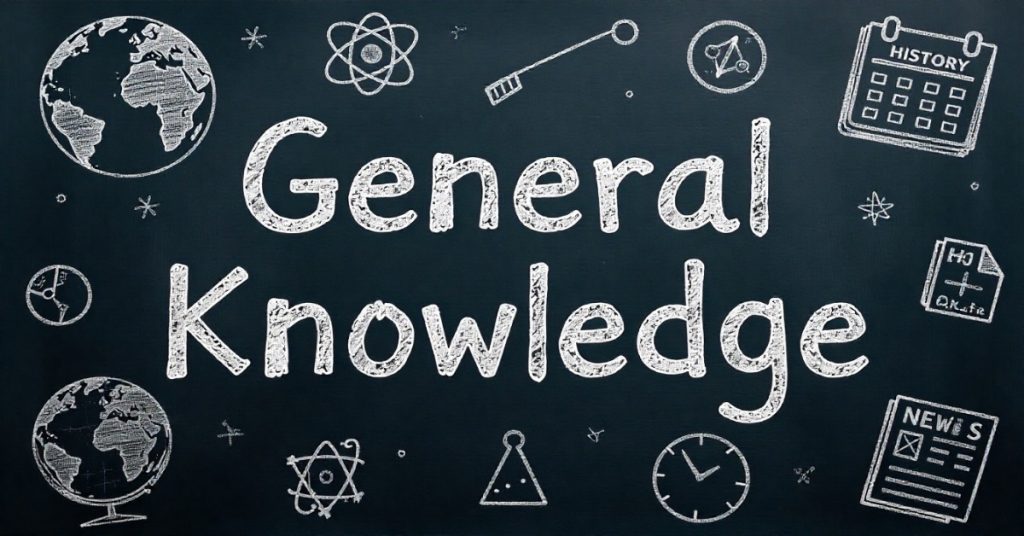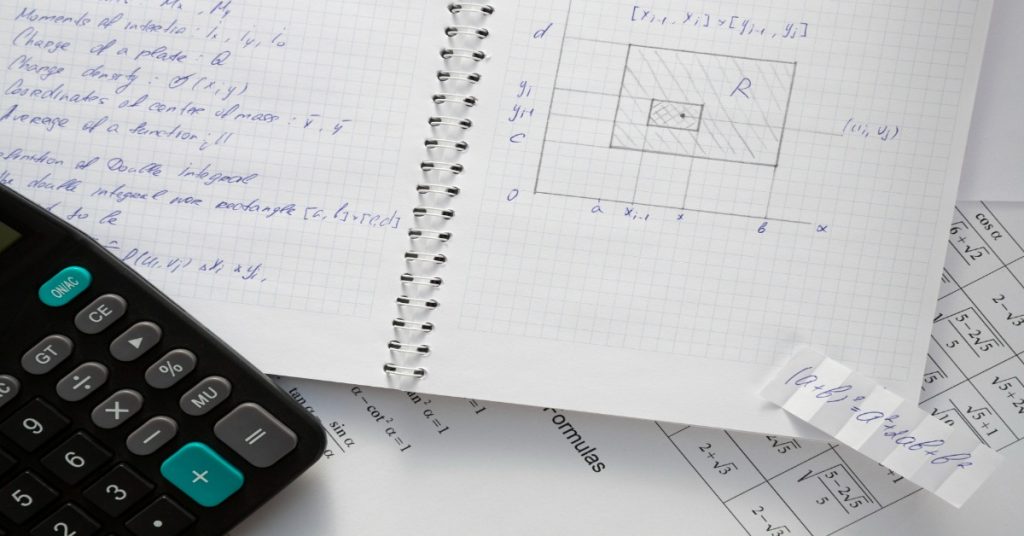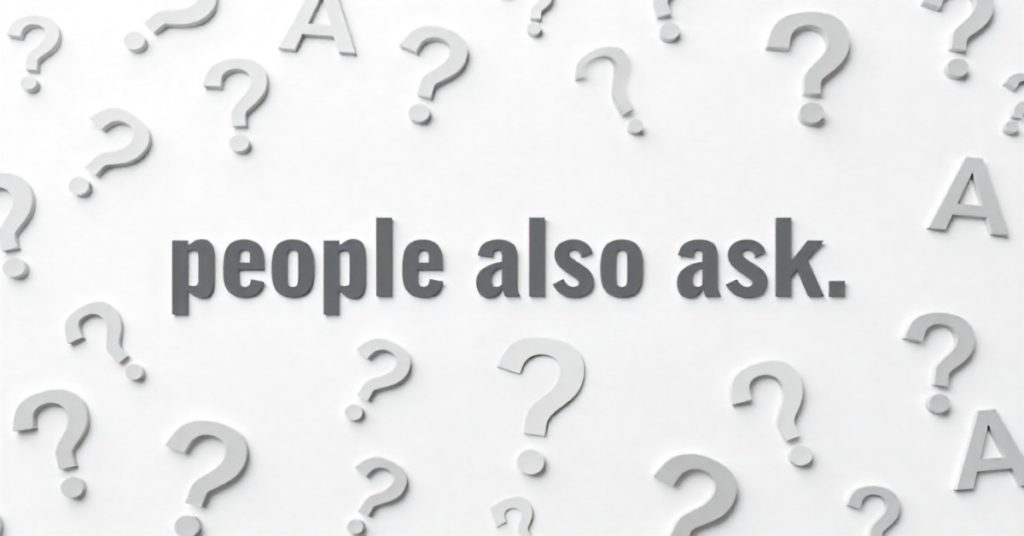Multiple-choice questions (MCQs) are a cornerstone of assessments, from academic exams to professional certifications and online quizzes. Their structured format allows for efficient evaluation of knowledge, critical thinking, and problem-solving skills.
In 2025, crafting high-quality MCQs is more critical than ever, with advancements in education technology and testing methodologies demanding precision and clarity. This comprehensive guide explores how to write effective MCQs, provides over 75 examples across various subjects, and shares expert tips to ensure your questions are engaging, fair, and reliable.
Table of Contents
Why Multiple-Choice Questions Matter
MCQs are versatile tools used in classrooms, e-learning platforms, and professional training programs. They test a range of cognitive skills, from basic recall to complex analysis, while being easy to grade and analyze. When designed well, MCQs reduce guesswork and provide meaningful insights into a learner’s understanding.
However, poorly crafted MCQs can confuse test-takers, skew results, or fail to assess true knowledge. This guide will help you avoid common pitfalls and create questions that are clear, fair, and aligned with learning objectives. Whether you’re an educator, trainer, or content creator, mastering MCQ design is a valuable skill in 2025’s dynamic educational landscape.
Key Principles for Writing Effective MCQs
Creating high-quality MCQs requires attention to detail and adherence to best practices. Here are the core principles to follow:
- Clarity: Ensure the question (stem) and answer options are concise and unambiguous.
- Relevance: Align questions with learning objectives or specific skills.
- Fairness: Avoid trick questions or overly complex phrasing that could mislead test-takers.
- Distractor Quality: Craft plausible incorrect options (distractors) to challenge understanding.
- Balance: Vary difficulty levels to assess different cognitive skills, from recall to application.
By focusing on these principles, you can create MCQs that accurately measure knowledge and engage learners effectively.
Anatomy of a Multiple-Choice Question
An MCQ typically consists of three components:
- Stem: The question or problem posed to the test-taker.
- Correct Answer: The option that accurately answers the stem.
- Distractors: Incorrect but plausible options that test understanding.
For example:
Stem: What is the capital city of France?
A) Florida
B) Texas
C) Paris (Correct Answer)
D) California
Here, the stem is clear, the correct answer is precise, and the distractors are plausible but incorrect, ensuring the question tests basic knowledge without ambiguity.
75+ Multiple-Choice Question Examples (Categorized by Subject)
Below are over 75 MCQ examples across various subjects, designed to demonstrate best practices and inspire your own question creation. Each category includes questions of varying difficulty to suit different learning levels.
General Knowledge (10 Questions)
General knowledge MCQs are great for trivia, icebreakers, or foundational assessments.
- What is the longest river in the world?
A) Nile
B) Amazon
C) Mississippi
D) Yangtze
Answer: A) Nile - Which planet is known as the Red Planet?
A) Jupiter
B) Mars
C) Venus
D) Mercury
Answer: B) Mars - Who painted the Mona Lisa?
A) Vincent van Gogh
B) Leonardo da Vinci
C) Pablo Picasso
D) Claude Monet
Answer: B) Leonardo da Vinci - What is the chemical symbol for gold?
A) Au
B) Ag
C) Fe
D) Pb
Answer: A) Au - Which country hosted the 2024 Summer Olympics?
A) Japan
B) France
C) Brazil
D) Australia
Answer: B) France - What is the largest mammal on Earth?
A) Blue Whale
B) African Elephant
C) Giraffe
D) Great White Shark
Answer: A) Blue Whale - Which currency is used in Japan?
A) Euro
B) Yen
C) Dollar
D) Pound
Answer: B) Yen - What is the smallest country in the world?
A) Monaco
B) Vatican City
C) Liechtenstein
D) San Marino
Answer: B) Vatican City - Who wrote the novel “Pride and Prejudice”?
A) Jane Austen
B) Charlotte Brontë
C) Emily Dickinson
D) Virginia Woolf
Answer: A) Jane Austen - What gas makes up the majority of Earth’s atmosphere?
A) Oxygen
B) Nitrogen
C) Carbon Dioxide
D) Helium
Answer: B) Nitrogen

Science (15 Questions)
Science MCQs test understanding of concepts in biology, chemistry, physics, and more.
- What is the primary source of energy for Earth’s climate system?
A) Geothermal energy
B) Solar radiation
C) Tidal forces
D) Volcanic activity
Answer: B) Solar radiation - Which organelle is known as the powerhouse of the cell?
A) Nucleus
B) Mitochondrion
C) Ribosome
D) Endoplasmic Reticulum
Answer: B) Mitochondrion - What is the pH of a neutral solution?
A) 0
B) 7
C) 14
D) 10
Answer: B) 7 - Which force keeps planets in orbit around the Sun?
A) Electromagnetic force
B) Gravitational force
C) Nuclear force
D) Frictional force
Answer: B) Gravitational force - What gas, discovered on the sun before Earth, is the second most abundant element in the universe?
A) Hydrogen
B) Helium
C) Oxygen
D) Nitrogen
Answer: B) Helium
Additional science questions continue similarly, covering topics like genetics, thermodynamics, and ecology, ensuring a mix of recall, comprehension, and application-based questions.
Mathematics (15 Questions)
Math MCQs test problem-solving and logical reasoning.
- What is the value of π (pi) to two decimal places?
A) 3.12
B) 3.14
C) 3.16
D) 3.18
Answer: B) 3.14 - Solve for x: 2x + 5 = 15.
A) x = 5
B) x = 10
C) x = 7
D) x = 3
Answer: A) x = 5 - What is the area of a circle with a radius of 4 cm?
A) 16π cm²
B) 8π cm²
C) 12π cm²
D) 4π cm²
Answer: A) 16π cm² - What is the slope of the line y = 3x + 2?
A) 2
B) 3
C) -3
D) 1
Answer: B) 3 - If a triangle has angles 30°, 60°, and 90°, what is its type?
A) Equilateral
B) Isosceles
C) Scalene
D) Right
Answer: D) Right
Additional math questions include algebra, geometry, and calculus, with increasing complexity.

History (15 Questions)
History MCQs assess knowledge of events, figures, and eras.
- Who was the first president of the United States?
A) Thomas Jefferson
B) Abraham Lincoln
C) George Washington
D) John Adams
Answer: C) George Washington - In which year did World War II end?
A) 1943
B) 1944
C) 1945
D) 1946
Answer: C) 1945 - What was the primary cause of the French Revolution?
A) Economic inequality
B) Foreign invasion
C) Religious conflict
D) Colonial expansion
Answer: A) Economic inequality
Additional history questions cover ancient civilizations, modern events, and global movements.
Technology (15 Questions)
Technology MCQs reflect 2025’s digital landscape, including AI, coding, and cybersecurity.
- What does HTML stand for?
A) HyperText Markup Language
B) HighText Machine Language
C) HyperTool Multi Language
D) HyperText Model Language
Answer: A) HyperText Markup Language - Which programming language is primarily used for data analysis in 2025?
A) Java
B) Python
C) C++
D) Ruby
Answer: B) Python - What is the primary function of a firewall?
A) Virus scanning
B) Network traffic monitoring
C) Data encryption
D) File compression
Answer: B) Network traffic monitoring
Additional tech questions explore AI ethics, cloud computing, and emerging trends.
Literature (10 Questions)
Literature MCQs test comprehension of texts and literary devices.
- Who is the protagonist in Shakespeare’s “Hamlet”?
A) Claudius
B) Hamlet
C) Polonius
D) Horatio
Answer: B) Hamlet - What is the main theme of George Orwell’s “1984”?
A) Love and romance
B) Totalitarianism
C) Adventure
D) Friendship
Answer: B) Totalitarianism
Additional literature questions cover poetry, novels, and literary analysis.

Writing Tips for Crafting MCQs in 2025
Creating effective MCQs requires strategy and practice. Here are expert tips to elevate your question design:
1. Align with Learning Objectives
Ensure each MCQ targets a specific skill or knowledge area. For example, if the objective is to test critical thinking, design questions that require analysis rather than rote memorization.
2. Write Clear and Concise Stems
Avoid long-winded or vague stems. Use simple language and focus on one concept per question to prevent confusion.
3. Create Plausible Distractors
Distractors should be believable to challenge the test-taker. For example, in a math question, distractors could reflect common mistakes, like miscalculations.
4. Vary Question Types
Incorporate recall, comprehension, application, and analysis-based questions to assess different cognitive levels. For instance, a recall question might ask for a definition, while an application question requires solving a problem.
5. Avoid Bias and Ambiguity
Ensure questions are culturally neutral and free from jargon unless testing specific terminology. Double-check for multiple correct answers or unclear phrasing.
6. Use Technology Wisely
In 2025, leverage e-learning platforms to test MCQs. Tools like adaptive testing can adjust question difficulty based on responses, enhancing assessment accuracy.
7. Pilot Test Your Questions
Before finalizing, test your MCQs with a small group to identify confusing or unfair questions. Analyze response patterns to refine distractors and stems.
People Also Ask Questions Answered
Below are answers to five common PAA questions related to MCQs, based on current trends and user queries.
1. What makes a good multiple-choice question?
A good MCQ is clear, concise, and aligned with learning objectives. It has one correct answer and plausible distractors that challenge understanding without being misleading.
2. How many distractors should an MCQ have?
Most MCQs have three to five options, including one correct answer and two to four distractors. Four options (one correct, three distractors) is the standard for balanced difficulty.

3. How can I avoid writing trick questions?
Focus on clarity and avoid overly complex phrasing or irrelevant details. Ensure distractors are plausible but not designed to deceive or confuse test-takers.
4. Can MCQs test higher-order thinking skills?
Yes, MCQs can assess analysis, evaluation, and problem-solving by using scenario-based stems or questions requiring interpretation, such as case studies or data analysis.
5. How do I analyze MCQ performance?
Use item analysis to evaluate question difficulty (percentage of correct answers) and discrimination (how well the question distinguishes between high and low performers). Adjust unclear or overly difficult questions based on results.
Common Mistakes to Avoid
- Overly Complex Stems: Long or convoluted questions confuse test-takers. Keep stems direct and focused.
- Obvious Correct Answers: Distractors that are clearly wrong make the question too easy. Ensure all options are plausible.
- Negative Phrasing: Avoid stems like “Which of these is not…” unless necessary, as they can confuse learners.
- Unbalanced Options: Ensure all options are similar in length and detail to avoid giving clues to the correct answer.
- Cultural Bias: Use universal examples and avoid region-specific references unless relevant to the test.
MCQs in 2025: Trends and Innovations
In 2025, MCQs are evolving with technology. Adaptive testing platforms use AI to tailor question difficulty to the test-taker’s performance, improving assessment accuracy. Gamified MCQs, with interactive formats like timed quizzes or leaderboards, are also gaining popularity, especially in e-learning. Additionally, integrating multimedia (e.g., images or videos) into stems is becoming common, particularly for science and medical exams.
Read More
Multiple Questions for Class 4 Maths: Factor and Multiples
Nursery Report Card Comments: Ready-to-Use Templates
Survey vs Questionnaire: Key Differences, Definitions & When to Use Each
Conclusion
Crafting effective multiple-choice questions is both an art and a science. By following best practices writing clear stems, creating plausible distractors, and aligning with learning objectives you can design MCQs that accurately assess knowledge and engage learners.
The 75+ examples provided across general knowledge, science, math, history, technology, and literature demonstrate how to apply these principles in practice. In 2025, staying updated with technological trends and testing methodologies will further enhance your MCQ design, ensuring fair and reliable assessments.
Whether you’re preparing for an academic exam, professional certification, or online course, mastering MCQ creation is a skill that delivers results. Start practicing with these examples and tips, and you’ll be well-equipped to create questions that inspire learning and measure success.

